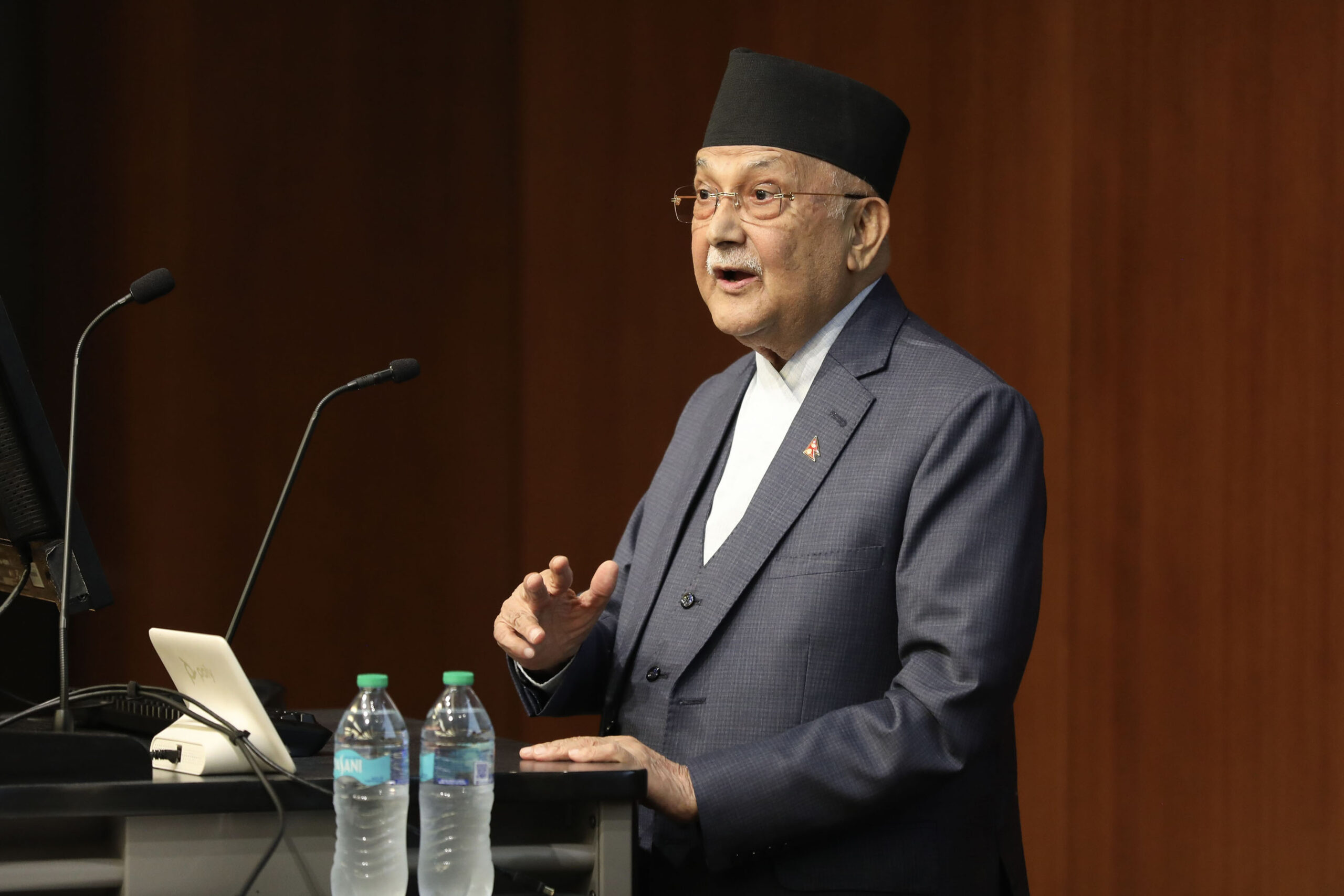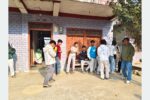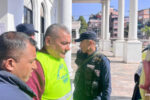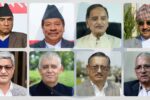KATHMANDU: Prime Minister KP Sharma Oli returned to Nepal on Monday after a 10-day visit to the United States, where he attended the 79th session of the United Nations General Assembly (UNGA) in New York.
His arrival at Tribhuvan International Airport has been overshadowed by growing criticism over his delayed return, as floods and landslides over the past weekend claimed 192 lives.
Leading the Nepalese delegation, PM Oli departed for New York on September 20 and engaged in several high-profile meetings and discussions.
On September 24, he participated in the opening session of the general debate at the UNGA, where world leaders gathered to discuss pressing global issues.
During his address to the Assembly on September 26, Oli highlighted the impacts of climate change, emphasizing the vulnerability of mountainous and coastal regions alike.
While in New York, Oli met with key global leaders, including Indian Prime Minister Narendra Modi and Chinese Foreign Minister Wang Yi.
He also attended a reception hosted by US President Joe Biden on September 25, further solidifying Nepal’s diplomatic ties on the global stage.
Additionally, Oli represented Nepal as the President of the Global Coordination Bureau of the Least Developed Countries, underscoring his country’s leadership role among vulnerable nations.
Oli’s agenda extended beyond the United Nations, with notable academic engagements at prominent U.S. institutions.
On September 23, he delivered a speech on ‘Nepal’s Journey to Democracy and Economic Prosperity’ at Columbia University.
Later, on September 27, he addressed a forum at Harvard University titled ‘Nepal’s Perspective: From Transitional Justice to Climate Justice.’
In addition, Oli spoke at a high-level meeting on the existential threat posed by rising sea levels and participated in discussions on ‘antimicrobial resistance.’
He also held talks with United Nations Secretary-General Antonio Guterres.
Despite his diplomatic efforts abroad, Oli’s decision to remain in the US following a disaster in Nepal has been met with public backlash.
Critics argue that Oli should have returned immediately to oversee the government’s response to the crisis, rather than extending his stay to participate in scheduled programs.









Comment